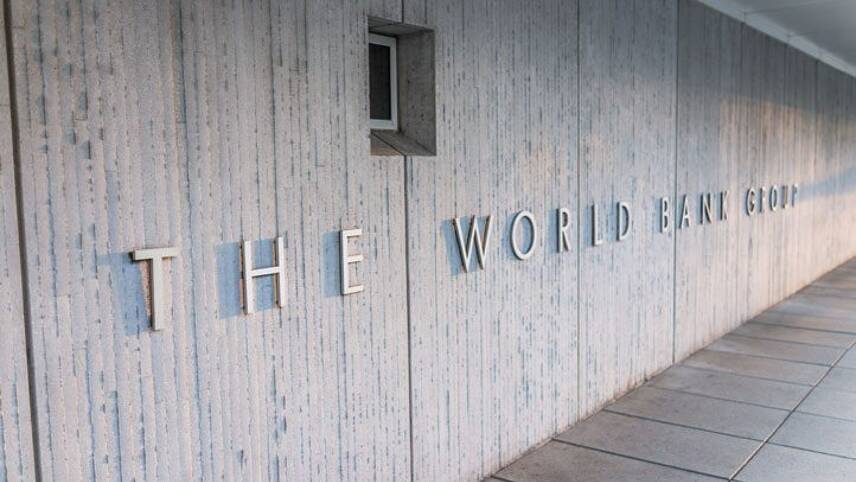Register for free and continue reading
Join our growing army of changemakers and get unlimited access to our premium content

Priority areas for spending include energy
The World Bank Group’s new Climate Change Action Plan will attempt to deliver ‘record levels’ of climate finance to countries most in need of support to reduce emissions and improve resilience against the climate crisis.
Between 2021 and 2025, the World Bank Group will ensure that 35% of its financial flows are in alignment with the objectives of the Paris Agreement. Specifically, the Group will support efforts from developing countries in implementing and updating Nationally Determined Contributions (NDCs) to the global climate accord.
Priority areas for spending include energy, agriculture, food, water and land, cities, transport and manufacturing – with a focus on resiliency, adaptation and decarbonisation.
“Our new Action Plan will identify and prioritise action on the most impactful mitigation and adaptation opportunities, and we will drive our climate finance accordingly,” the Group’s president David Malpass said.
“This means helping the largest emitters flatten the emissions curve and helping countries achieve successful adaptation and resilience to climate change. We will be delivering climate finance at record levels and seeking solutions that achieve the most impact.”
The World Bank Group – comprising of the International Bank for Reconstruction and Development (IBRD) and International Development Association (IDA) – will also work to align all new financial operations with the needs of the Paris Agreement from July 2023. At least 50% percent of IDA and IBRD climate finance will support adaptation.
The World Bank is the largest multilateral provider of climate finance for developing countries and delivered $83bn in climate finance during its previous five-year action plan, including more than $21bn in 2020.
A new Country Climate and Development Report (CCDR) diagnostic tool will also be introduced, to help developing countries find out what technologies would work best for their efforts to decarbonise and improve resiliency.
UK banks on watch
The World Bank’s new commitment arrives just weeks after it was revealed that UK banks and asset managers collectively financed projects emitting 805 million tonnes of greenhouse gases in 2019 – around twice the UK’s annual national carbon footprint.
The analysis from WWF and Greenpeace UK covers the financial activities of 15 large banks and 10 large asset managers with UK operations, assessing their Scope 3 (indirect) emissions from financed activities using the frameworks provided by the GHG Protocol and the Partnership for Carbon Accounting Financials (PACF).
Collectively, the activities of these organisations accounted for CO2e emissions 1.8 times higher than the UK’s national figure in 2019. Many of the banks and investors, the report claims, are still funneling millions or even billions into high-carbon sectors such as oil and gas, coal, aviation, road transport and mining, without environmental ‘strings’, despite a trend towards updated climate targets.
Banks assessed for the report are Barclays, CitiGroup Global Markets, Credit Suisse International, Credit Suisse Investments UK, Goldman Sachs Group UK, HSBC, JP Morgan Capital Holdings, Lloyds Banking Group, Merrill Lynch International, Morgan Stanley International, Nationwide, Nomura Europe Holdings, NatWest Group (formerly RBS), Santander UK and Standard Chartered.
Fortunately, many nations are realising the importance of embracing green finance in the build-up to COP26. President Joe Biden pledged in his election manifesto to double climate funding – a proposal that is reportedly not going down well among the Republican Party – and to improve climate risk disclosure requirements. The UK is also set to issue its first green gilts this summer.
As for the UK’s COP26 unit, the organisation has selected Climate Finance as a key theme for the conference. Mark Carney is Finance Advisor for the summit and is heading up the ‘Glasgow Financial Alliance for Net-Zero’ (GFAN). The initiative will bring together banks, asset managers, asset owners, insurers and other providers of financial services in a network designed to unify and strengthen climate ambitions across the sector. Organisers are hoping to bring together 160 firms in the first instance.
Matt Mace


Please login or Register to leave a comment.